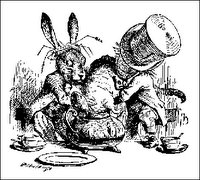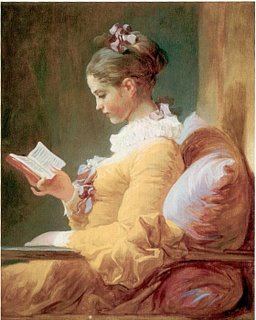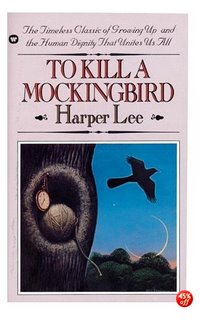 When my daughters were young, I read to them all the time. This summer, I had the joy of doing it again.
When my daughters were young, I read to them all the time. This summer, I had the joy of doing it again.
We’ve always had a rule of reading the book before watching the movie. I wanted us all to be able to watch THE LORD OF THE RINGS together, so I was urging my younger daughter to start reading THE HOBBIT. Although an avid reader, she resisted, saying she didn’t like reading books with long paragraphs. And so I decided to read THE HOBBIT aloud to her, and discovered that she was right. Tolkien did tend to use longer paragraphs than is common in more recent fiction and it can look a bit daunting on the page.

The previous summer, I read PRIDE AND PREJUDICE to my older daughter, again in preparation for watching the films. Much as I love Jane Austen, I know her style is difficult for young teens, with sentences that can run paragraphs long and paragraphs that can take over a whole page. And confusing period details. (“No, undressed ball does not mean they go naked.”) So when I suggested she try NORTHANGER ABBEY this summer, she still wanted me to read along with her. How could I refuse?
The whole reading-together project was a huge success. My younger daughter is now reading THE FELLOWSHIP OF THE RING on her own, and the older one is moving on to EMMA. So I’ve got them firmly hooked on some classics! I feel vindicated as a mother.
As an author, though, I’m aware that modern readers can have difficulty with older styles of writing. I would never write a sentence as long as this one:
Mrs Morland was a very good woman, and wished to see her children everything they ought to be; but her time was so much occupied in lying-in and teaching the little ones, that her elder daughters were inevitably left to shift for themselves; and it was not very wonderful that Catherine, who had by nature nothing heroic about her, should prefer cricket, baseball, riding on horseback, and running about the country at the age of fourteen, to books—or at least books of information—for provided that nothing like useful knowledge could be gained from them, provided they were all story and no reflection, she had never any objection to books at all.
There are also some grammatical constructions that trip up the reader, such as “Are not you wild to know?” Did your mind automatically change it to “Are you not wild to know?” That’s what happened to me as I was reading aloud, and it made me stumble.
I want to have a period feel to my books, but I do avoid anything like that that could trip up a reader. I also tend to use pretty short paragraphs, because I think having some white space is easier on the eyes.
But what a shame it would be if no one bothered to get past some of the challenges in the classics, if the stories lived on only in their films (fantastic as many of them are).
 What do you think?
What do you think?
But before we chat, here are the winners of this week’s drawing for the Kindle edition of LADY EM’S INDISCRETION.
Willaful
Margay
Cathy P
Girlygirlhoosier52
Tracey
Congratulations! Please send your email and the email of a friend who you think might enjoy the Kindle ebook to elena @ elenagreene dot com.
Elena
www.elenagreene.com
www.facebook.com/ElenaGreene
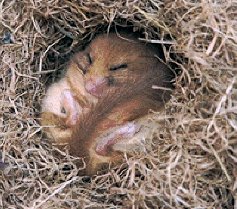
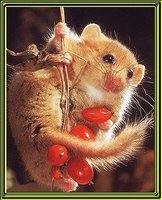 or, less high-falutingly, the aaaaw factor.
or, less high-falutingly, the aaaaw factor.